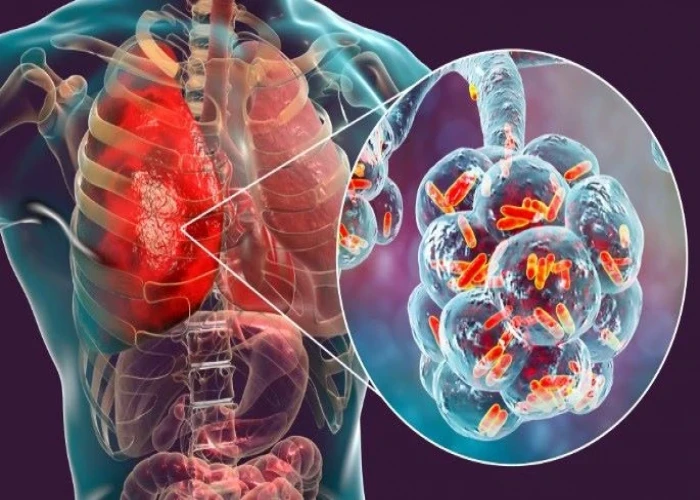 Welcome
Welcome
“May all be happy, may all be healed, may all be at peace and may no one ever suffer."
Pneumonia
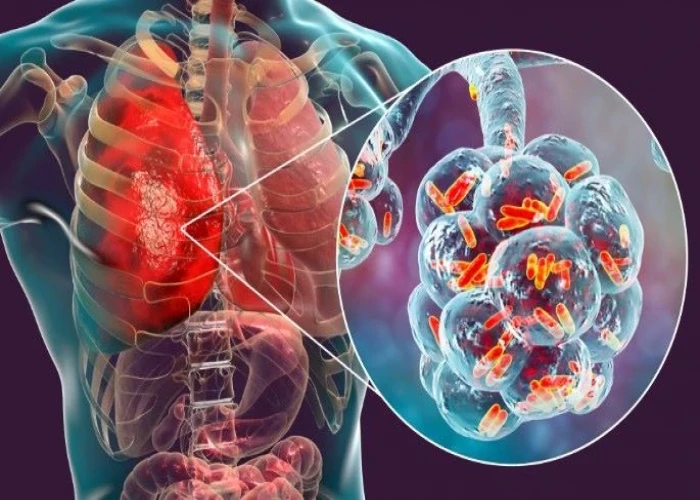
Pneumonia is a type of lung infection that can be caused by bacteria, viruses, fungi, or other microorganisms. It occurs when these organisms enter the lungs and cause inflammation in the air sacs or alveoli, which can fill with fluid or pus and make it difficult to breathe.
Symptoms of pneumonia may include a cough that produces phlegm, fever, chills, shortness of breath, chest pain, fatigue, and weakness. These symptoms can range from mild to severe and may vary depending on the cause of the infection and the overall health of the individual.
Treatment for pneumonia typically involves antibiotics if the cause is bacterial. Viral pneumonia may be treated with antiviral medication, while fungal pneumonia may require antifungal medication. Other treatments may include oxygen therapy, rest, and fluids to prevent dehydration.
Preventive measures such as getting vaccinated against certain types of pneumonia and practicing good hygiene, such as washing your hands regularly, can help reduce the risk of contracting pneumonia.
If you are experiencing symptoms of pneumonia, it is important to seek medical attention promptly, as the condition can become serious or even life-threatening in some cases, especially for young children, the elderly, and those with weakened immune systems. Your healthcare provider will be able to diagnose the cause of your pneumonia and recommend appropriate treatment.
Research Papers
Disease Signs and Symptoms
- Chest pain
- Lower than normal body temperature (in adults older than age 65 and people with weak immune systems)
- Confusion or changes in mental awareness (in adults age 65 and older)
- Shortness of breath (dyspnea)
- Diarrhea
- Nausea or vomiting
- Fever and chills
- Fever
- Fatigue (Tiredness)
- Confusion (Hallucinations)
- Cough
- The main symptoms of a pneumothorax are sudden chest pain and shortness of breath.
Disease Causes
Pneumonia
Many germs can cause pneumonia. The most common are bacteria and viruses in the air we breathe. Your body usually prevents these germs from infecting your lungs. But sometimes these germs can overpower your immune system, even if your health is generally good.
Pneumonia is classified according to the types of germs that cause it and where you got the infection.
Community-acquired pneumonia
Community-acquired pneumonia is the most common type of pneumonia. It occurs outside of hospitals or other health care facilities. It may be caused by:
- Bacteria. The most common cause of bacterial pneumonia in the U.S. is Streptococcus pneumoniae. This type of pneumonia can occur on its own or after you've had a cold or the flu. It may affect one part (lobe) of the lung, a condition called lobar pneumonia.
- Bacteria-like organisms. Mycoplasma pneumoniae also can cause pneumonia. It typically produces milder symptoms than do other types of pneumonia. Walking pneumonia is an informal name given to this type of pneumonia, which typically isn't severe enough to require bed rest.
- Fungi. This type of pneumonia is most common in people with chronic health problems or weakened immune systems, and in people who have inhaled large doses of the organisms. The fungi that cause it can be found in soil or bird droppings and vary depending upon geographic location.
- Viruses, including COVID-19. Some of the viruses that cause colds and the flu can cause pneumonia. Viruses are the most common cause of pneumonia in children younger than 5 years. Viral pneumonia is usually mild. But in some cases it can become very serious. Coronavirus 2019 (COVID-19) may cause pneumonia, which can become severe.
Hospital-acquired pneumonia
Some people catch pneumonia during a hospital stay for another illness. Hospital-acquired pneumonia can be serious because the bacteria causing it may be more resistant to antibiotics and because the people who get it are already sick. People who are on breathing machines (ventilators), often used in intensive care units, are at higher risk of this type of pneumonia.
Health care-acquired pneumonia
Health care-acquired pneumonia is a bacterial infection that occurs in people who live in long-term care facilities or who receive care in outpatient clinics, including kidney dialysis centers. Like hospital-acquired pneumonia, health care-acquired pneumonia can be caused by bacteria that are more resistant to antibiotics.
Aspiration pneumonia
Aspiration pneumonia occurs when you inhale food, drink, vomit or saliva into your lungs. Aspiration is more likely if something disturbs your normal gag reflex, such as a brain injury or swallowing problem, or excessive use of alcohol or drugs.
Disease Prevents
Pneumonia
To help prevent pneumonia:
- Get vaccinated. Vaccines are available to prevent some types of pneumonia and the flu. Talk with your doctor about getting these shots. The vaccination guidelines have changed over time so make sure to review your vaccination status with your doctor even if you recall previously receiving a pneumonia vaccine.
- Make sure children get vaccinated. Doctors recommend a different pneumonia vaccine for children younger than age 2 and for children ages 2 to 5 years who are at particular risk of pneumococcal disease. Children who attend a group child care center should also get the vaccine. Doctors also recommend flu shots for children older than 6 months.
- Practice good hygiene. To protect yourself against respiratory infections that sometimes lead to pneumonia, wash your hands regularly or use an alcohol-based hand sanitizer.
- Don't smoke. Smoking damages your lungs' natural defenses against respiratory infections.
- Keep your immune system strong. Get enough sleep, exercise regularly and eat a healthy diet.
Disease Treatments
Treatment for pneumonia involves curing the infection and preventing complications. People who have community-acquired pneumonia usually can be treated at home with medication. Although most symptoms ease in a few days or weeks, the feeling of tiredness can persist for a month or more.
Specific treatments depend on the type and severity of your pneumonia, your age and your overall health. The options include:
- Antibiotics. These medicines are used to treat bacterial pneumonia. It may take time to identify the type of bacteria causing your pneumonia and to choose the best antibiotic to treat it. If your symptoms don't improve, your doctor may recommend a different antibiotic.
- Cough medicine. This medicine may be used to calm your cough so that you can rest. Because coughing helps loosen and move fluid from your lungs, it's a good idea not to eliminate your cough completely. In addition, you should know that very few studies have looked at whether over-the-counter cough medicines lessen coughing caused by pneumonia. If you want to try a cough suppressant, use the lowest dose that helps you rest.
- Fever reducers/pain relievers. You may take these as needed for fever and discomfort. These include drugs such as aspirin, ibuprofen (Advil, Motrin IB, others) and acetaminophen (Tylenol, others).
Hospitalization
You may need to be hospitalized if:
- You are older than age 65
- You are confused about time, people or places
- Your kidney function has declined
- Your systolic blood pressure is below 90 millimeters of mercury (mm Hg) or your diastolic blood pressure is 60 mm Hg or below
- Your breathing is rapid (30 breaths or more a minute)
- You need breathing assistance
- Your temperature is below normal
- Your heart rate is below 50 or above 100
You may be admitted to the intensive care unit if you need to be placed on a breathing machine (ventilator) or if your symptoms are severe.
Children may be hospitalized if:
- They are younger than age 2 months
- They are lethargic or excessively sleepy
- They have trouble breathing
- They have low blood oxygen levels
- They appear dehydrated
Disease Diagnoses
Disease Allopathic Generics
-
Amoxicillin Trihydrate
1/2 capsule of 250 mg after 8 hours a day or 1/2 spoon of syrup 3 times a day.
-
Cephalexin
Medicines containing cephalexin can also be used in severe cases.
In normal condition 500mg 1+0+1 or in severe condition 500mg 1 every 6 hours or boys and girls 250mg 1 every 8 hours. 7-10 days.
-
Cephradine
Medicines containing sepradin can be used in pneumonia.
Depending on the severity of the disease, 1 dose of low potency or high potency every 6 hours for 7-10 days.
-
Erythromycin (Oral)
Medicines with erythromycin in case of penicillin allergy.
1 pill every 6 hours for 7-10 days. In severe cases, 1 tablet of 500mg should be taken every 6 hours.
-
Ciprofloxacin
1+0+1 for 7-10 days.
-
Pefloxacin Mesylate Dihydrate
Pneumonia can also be treated with medications containing pefloxacin.
1 pill in the morning 1 pill in the evening 10-14 days.
-
Cefuroxime Axetil
Medicines containing cefuroxime can be used to treat pneumonia.
1+0+1 for 7-10 days.
-
Clarithromycin
Associated Medicines
250mg 1+0+1 or 500mg 1+0+1.
-
Roxithromycin
150mg 1+0+1 or 300mg 1+0+1.
-
Paracetamol
Medicines containing paracetamol for chest pain.
1 pill 3 times a day.
-
Pethidine Hydrochloride
If this does not reduce the pain, medicine with pethidine hydrochloride.
1 injection into the flesh. (better not to use)
-
Salbutamol
Medicines with salbutamol if breathing is difficult.
1/2 spoon 3 times a day.
-
Chlorpheniramine Maleate
Medicines with salbutamol if breathing is difficult.
1/2 spoon 3 times a day.
-
Vitamin B complex
The patient must be given a medicine of the vitamin group.
1 capsule daily 2 times a day.
Disease Ayurvedic Generics
Disease Homeopathic Generics
Disease yoga
Pneumonia and Learn More about Diseases
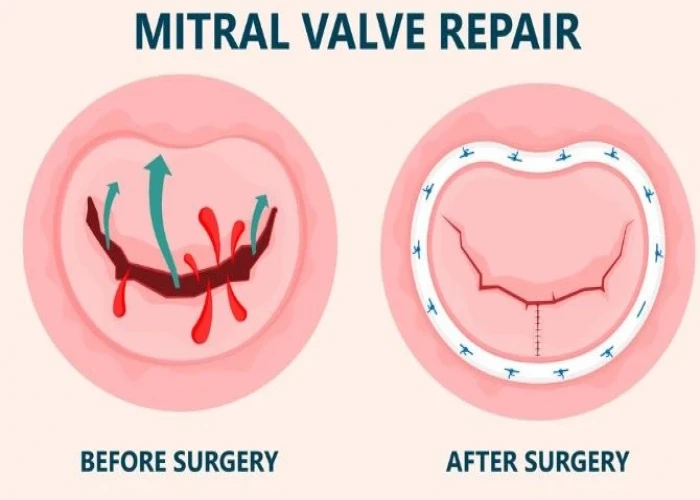
Mitral valve prolapse

Premature birth

Toxic hepatitis

Scabies
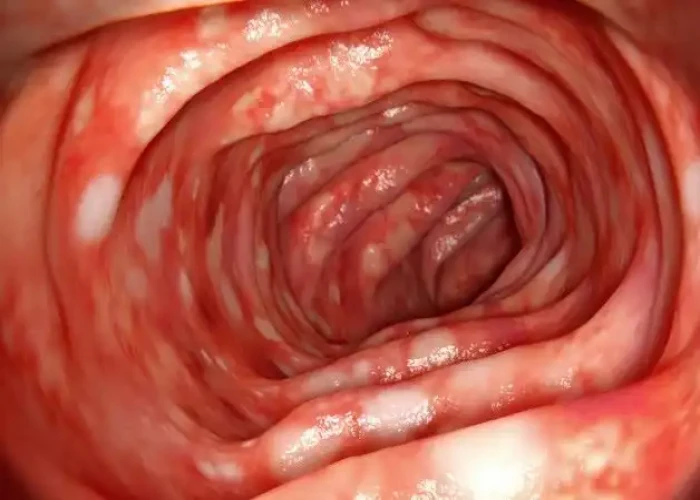
Ulcerative colitis
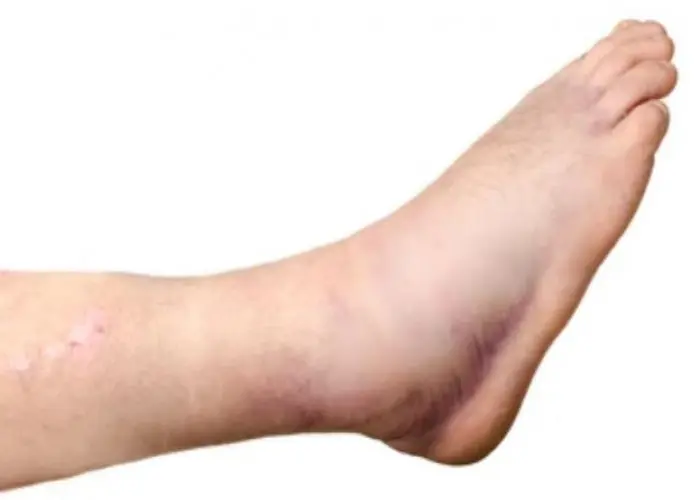
Broken ankle

Vulvar cancer
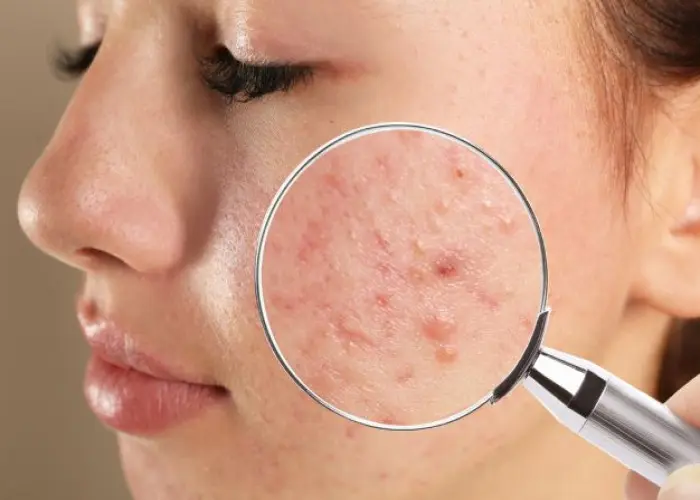
Acne
pneumonia, নিউমোনিয়া
To be happy, beautiful, healthy, wealthy, hale and long-lived stay with DM3S.
